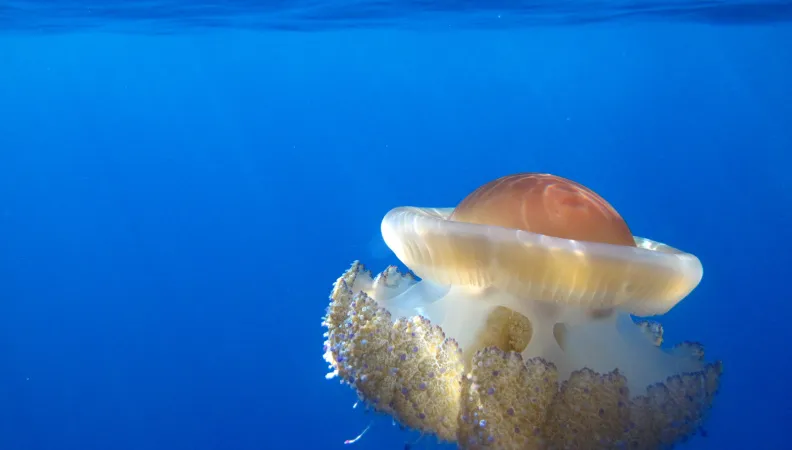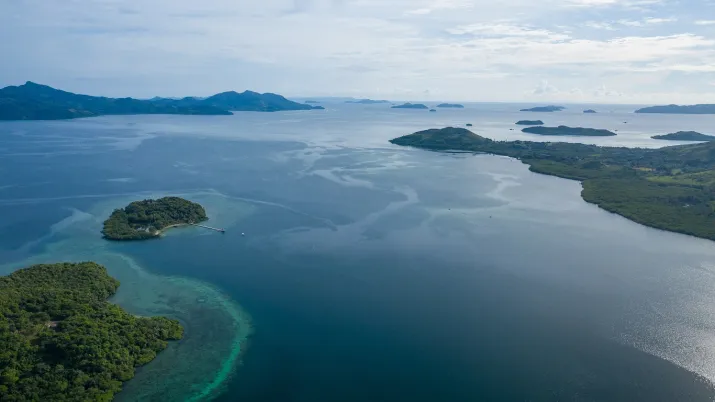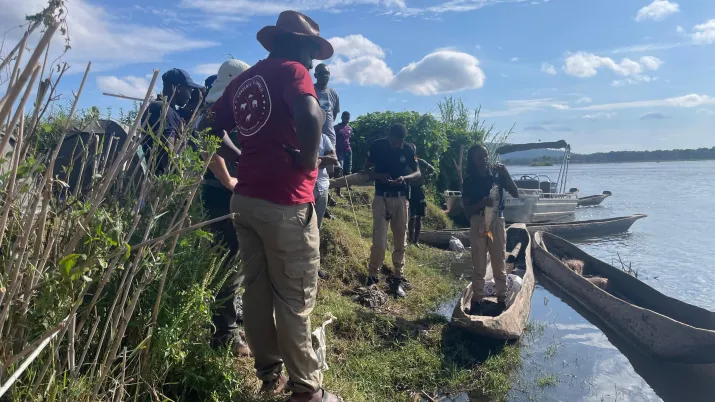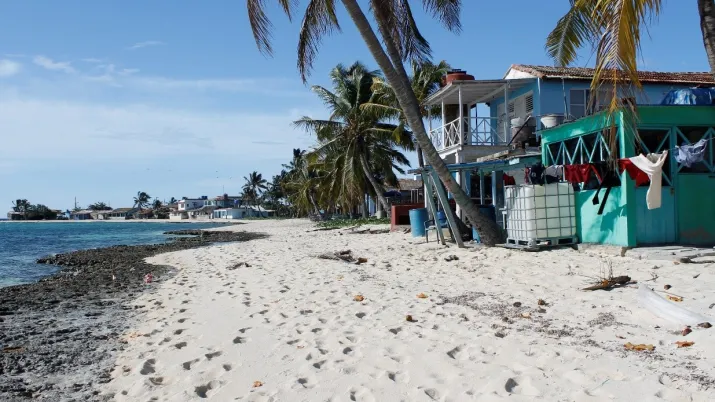Share the page
Ocean Plankton Project conference: towards new governance for the oceans
Published on

On 23 June 2022, ahead of the United Nations Ocean Conference in Lisbon, the French Facility for Global Environment (FFEM) and the Tara Ocean Foundation invited scientists and key players in ocean governance to discuss the results of the Ocean Plankton, Climate and Development project.
What scientific advances have been made? What have the project results contributed to ocean governance processes? At a time when the management and protection of activities on the high seas are suffering from a lack of scientific knowledge and patchy governance, the FFEM has elected to offer 4 years of support to the Tara Ocean Foundation and its scientific programme on planktonic life.
The Ocean Plankton, Climate and Development project - whose results were presented at this conference - is one of the FFEM’s first projects relating to the high seas. Today, it represents a major pillar in the FFEM’s new aquatic ecosystem strategy. This project has enabled us to move forward in understanding the importance of conserving planktonic ecosystems, both in their role as carbon pumps and in terms of fisheries management.
This project’s added value and innovation lie in the fact that no previous marine ecosystem observation programme had the extensive data or models required to consider planktonic systems. After being trained in analytical methodologies and new technologies, 6 young researchers from Argentina, Brazil, Chile, Senegal and Togo have been tasked with the scientific knowledge output.
A few years ago the international community recognised the need to improve the governance framework by adding a new instrument - the BBNJ Agreement - to the United Nations Convention on the Law of the Sea. The goal of this project is to have global impact on international debates around climate change, including this Agreement, by developing a worldwide programme structuring research into ocean life based on Tara Ocean’s experience. This is why the Conference mobilised researchers and key players in governance, to put into perspective the issues discussed in Lisbon.
En savoir plus sur nos projets
Sustainable Fishing in the Lower Zambezi Transboundary Conservation Area (Pro Nature)
In progress
2022 - 2027



